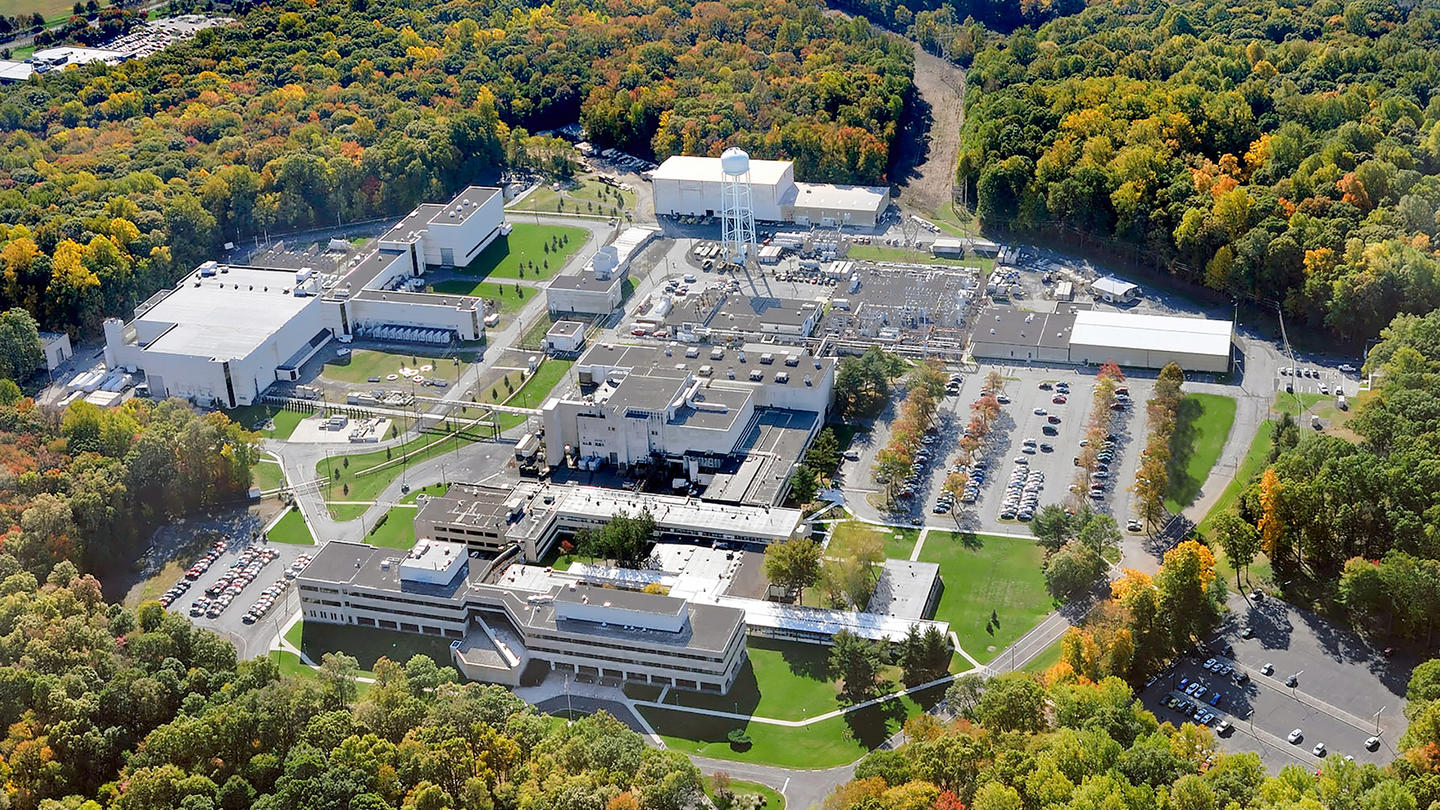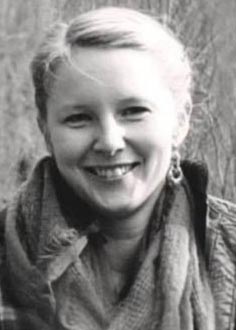The Princeton Plasma Physics Laboratory. (Photo: PPPL)
A team of engineers, physicists, and data scientists from Princeton University and the Princeton Plasma Physics Laboratory (PPPL) have used artificial intelligence (AI) to predict—and then avoid—the formation of a specific type of plasma instability in magnetic confinement fusion tokamaks. The researchers built and trained a model using past experimental data from operations at the DIII-D National Fusion Facility in San Diego, Calif., before proving through real-time experiments that their model could forecast so-called tearing mode instabilities up to 300 milliseconds in advance—enough time for an AI controller to adjust operating parameters and avoid a tear in the plasma that could potentially end the fusion reaction.
A statement from Steven P. Nesbit, president of the American Nuclear Society, and Lonnie R. Stephenson, international president of the International Brotherhood of Electrical Workers.
September 8, 2021, 6:59AMANS Nuclear CafeSteven P. Nesbit and Lonnie R. Stephenson America’s electric utility workers and nuclear engineers are ready to work together to help rapidly decarbonize and electrify the economy. We welcome provisions in the bipartisan infrastructure bill that aim to prevent premature closures of our nuclear power plants. Through measures such as production tax credits, President Biden can safeguard America’s largest carbon-free energy source by recognizing the clean-air contributions of nuclear energy.

-3 2x1.jpg)


